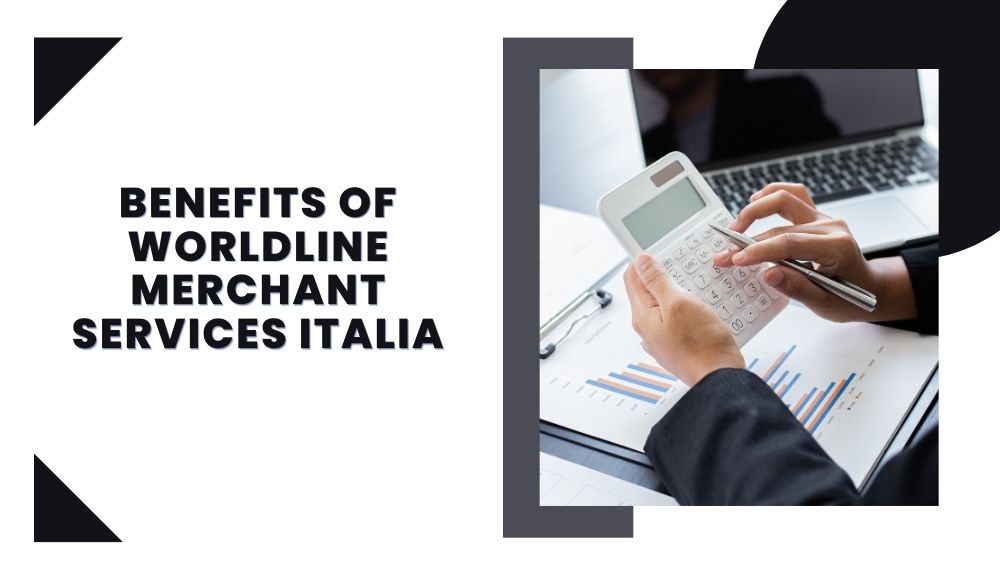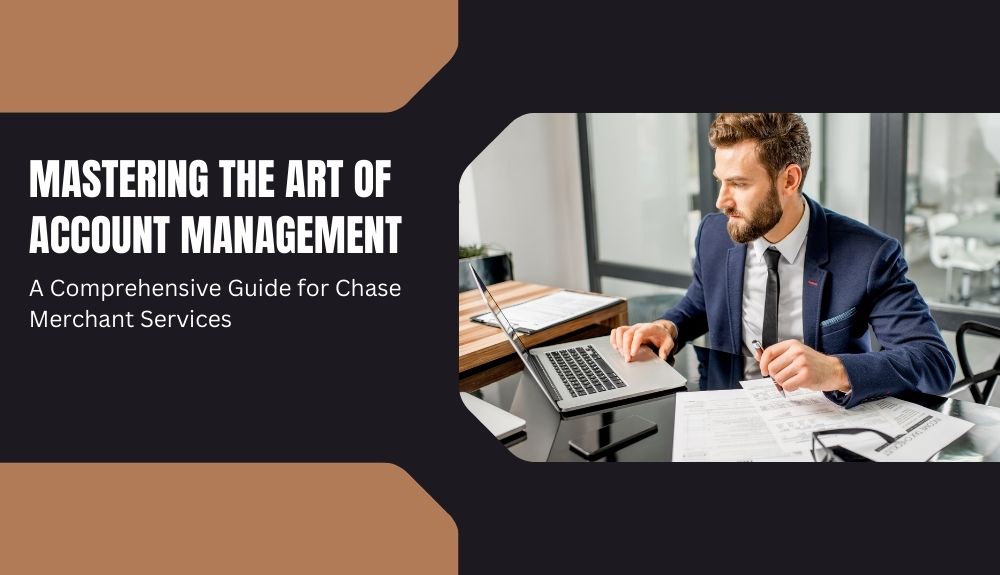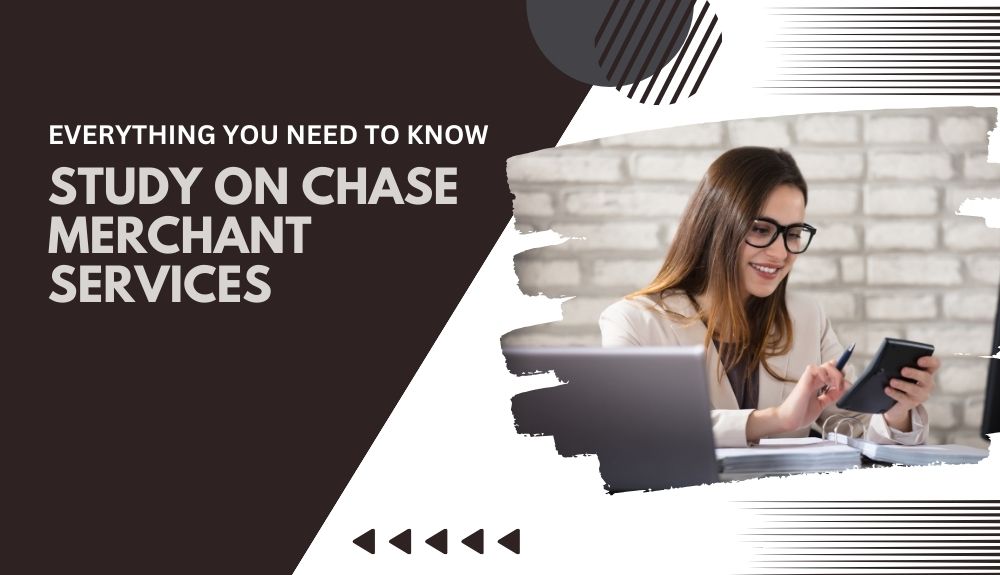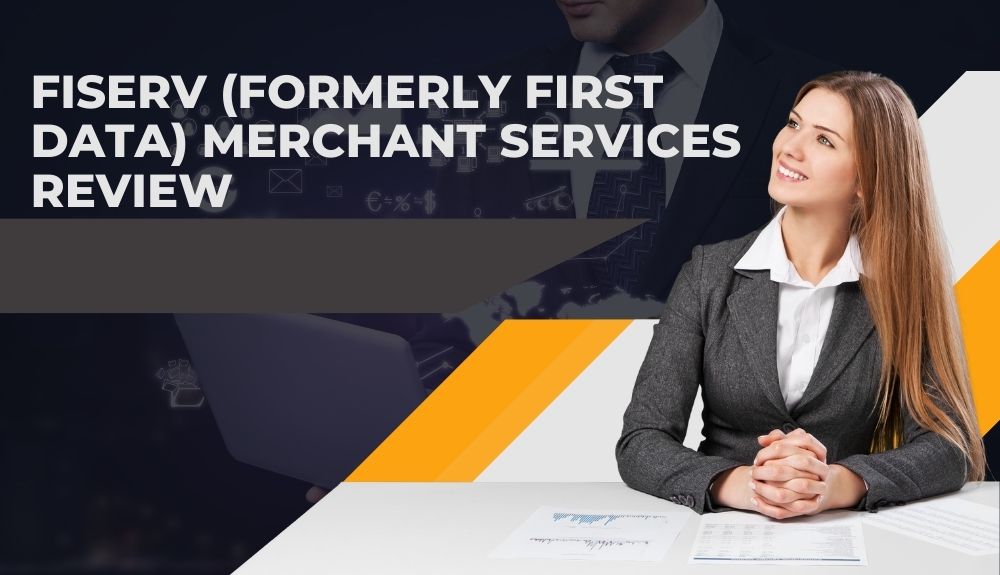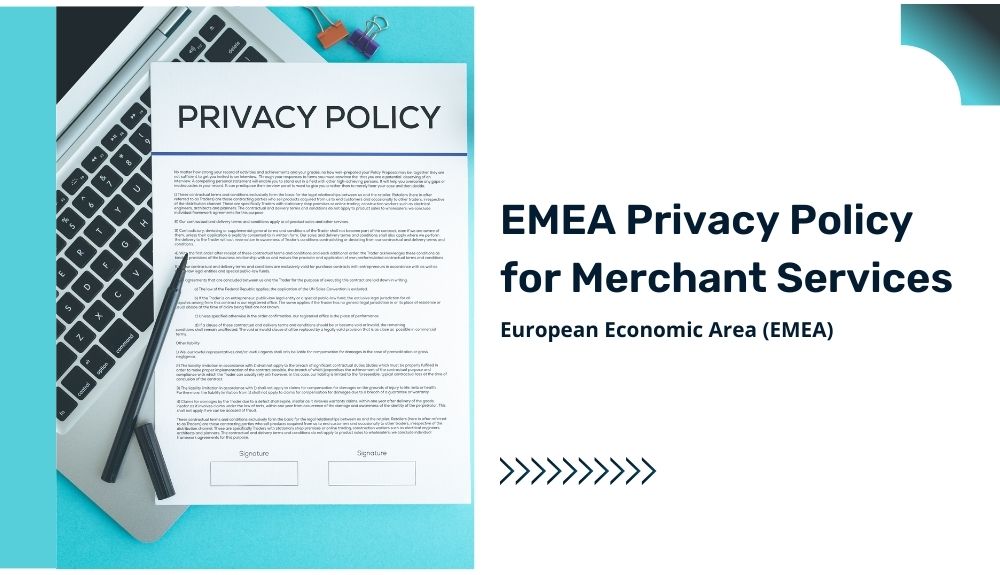What is a Merchant Cash Advance and How Does it Work?
Merchant cash advances are a type of business loan that gives companies quick access to cash in exchange for a percentage of their future credit card sales. The advance is funded by a third party, such as a bank or private equity firm, and is paid back through the merchant’s credit card sales. This type of loan is an attractive option for businesses with a strong credit card sales history, as it does not require the borrower to provide traditional collateral such as real estate or equipment.
Merchant cash advances are often used to finance business growth, pay off high-interest debt, or cover day-to-day expenses. The average advance size is around $200,000, and the average repayment term is 12 to 18 months.
How does a merchant cash advance work?
Third-party lenders provide businesses with a lump sum of cash in exchange for a percentage of their future credit card sales. The advance is paid back through the merchant’s credit card sales, so it is important that the business has a healthy credit card sales history.
What are the benefits of a merchant cash advance?
Some of the benefits of a merchant cash advance include:
- Quick access to cash – In this fast-paced world, it can be difficult to wait for a loan to be approved. With a merchant cash advance, businesses can get the cash they need in as little as one day.
- No collateral required – Unlike most other business loans, a merchant cash advance does not require any collateral. This makes it an attractive option for businesses with a strong credit card sales history.
- Flexible repayment terms – The average repayment term for a merchant cash advance is 12 to 18 months, but it can be customized to fit the needs of the business.
- Pays down debt – A merchant cash advance can help businesses pay off high-interest debt more quickly.
- Covers day-to-day expenses – A merchant cash advance can help businesses cover their day-to-day expenses until they are able to get a traditional loan.
What are the risks of a merchant cash advance?
Like any other type of loan, there are risks associated with a merchant cash advance. Some of the risks include:
- Higher interest rates – Merchant cash advances often have higher interest rates than traditional loans. This is because they are considered a high-risk loan.
- Fluctuating payments – The payments for a merchant cash advance can fluctuate each month, depending on the credit card sales of the business. This can be difficult for businesses to budget for.
- Cannot be used for long-term expenses – A merchant cash advance cannot be used for long-term expenses, such as purchasing a new building or hiring new employees. It is only meant to be used for short-term expenses.
How does a merchant cash advance compare to a business loan?
There are several key differences between a merchant cash advance and a business loan:
- A business loan is usually a lump sum of money that is given to the business in exchange for collateral, such as real estate or equipment. A merchant cash advance is a type of business loan that does not require any collateral.
- The repayment terms for a business loan are typically longer than those for a merchant cash advance. A business loan typically has a repayment term of 3 to 5 years, while a merchant cash advance has a repayment term of 12 to 18 months.
- The interest rates for a business loan are typically lower than those for a merchant cash advance.
Which is right for me?
There is no one-size-fits-all answer when it comes to deciding whether a merchant cash advance or a business loan is right for your business. It is important to consider the benefits and risks of each option before making a decision.
If you are interested in a merchant cash advance, contact a third-party lender to learn more about how it works and the eligibility requirements.


